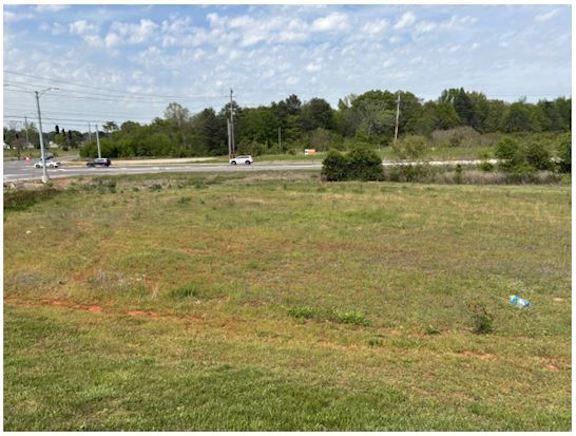UPDATE: Stop, don’t flush that
Published 6:30 am Tuesday, November 21, 2017
A wise woman once said she wanted her toddler to be wealthy someday so she wouldn’t run out of baby wipes at the nursing home.
Baby wipes, wet wipes, flushable wipes. They are convenient for baby cleanup and people who want something better than toilet paper, but they can wreak havoc on city sewer systems.
Trending
A few years ago, a 15-ton glob of wipes and hardened cooking grease the size of a bus — nicknamed “Fatberg” — was found blocking a London sewer pipe.
This year, manufacturer Kimberly-Clark sued the District of Columbia in federal court over a city law that takes effect Jan. 1, 2018, regulating when such wipes can be labeled “flushable.”
Utilities nationwide say flushable wipes are blocking screens and jamming pumps at sewage treatment plants. The problem costs utilities up to $1 billion annually, according to the National Association of Clean Water Agencies.
In Athens, Frank Eskridge — the manager of Athens Utilities Water and Wastewater departments — wants residents to know they shouldn’t be flushing them.
“We have not experienced the level of problems they have had in other cities,” Eskridge said. “But that is not to say the so-called “flushable” wipes would not cause trouble here if put in at a higher quantity. The only things that should go into the toilet are toilet tissue and human waste.”
He said many wipes, although considered flushable, are not. If they do not break down, they can create a clog over time. Just because wipes disappear when you flush them doesn’t mean they truly go away, he said.
Trending
“Wastewater does not go away,” Eskridge said. “It goes someplace else we want it to go — to the wastewater treatment plant. We don’t want it to escape into the environment.”
By “escape,” Eskridge means when something clogs a sewer line or pumping station motor, all of the sewage coming thereafter can back up and overflow at a manhole. If there are man holes in your vicinity then you know where all of that water-laden waste is going.
“Unless it comes on a roll (meaning toilet tissue), it should NOT go down the toilet,” Eskridge said.
As the father of three children, he said he “lived and died” by baby wipes when changing babies. But he suggested rolling the used wipe up with the used disposable diaper and throwing them both away in the trash instead of throwing the used wipe in the toilet.
Eskridge said clogs typically occur at a pumping station, or lift station, which pump the contents of the sanitary sewer to the treatment plant.
“Some sewer systems have an extensive amount of pumping going on,” he said. “Because of the design of our system, there is little pumping. In Athens, there are 10 pumping stations. Where I worked in South Carolina there were 500.”
In addition to wipes, Eskridge said hardened cooking grease can also clog equipment. He said it should be cooled and thrown in the trash, not in the sink or toilet, because combines with other grease and hardens in the sewer system.
While some wipes are labeled flushable, many people flush wipes that are not. Eskridge is not keen on any of them.
In the D.C. case, the new law requires that wipes sold in the city be labeled “flushable” only if they break apart “in a short period of time after flushing in the low-force conditions of a sewer system.” Wipes that don’t meet that standard – the city hasn’t yet proposed detailed regulations – must be “clearly and conspicuously” labeled as something that “should not be flushed.”
Manufacturers of flushable wipes believe they break down in the toilet. In its complaint, Kimberly-Clark said it “has spent millions of dollars and over two decades of study” to develop wipes that “lose strength” once they hit toilet water and “become increasingly likely to break into pieces” as they move through home plumbing and sewer pipes.
The Washington Post contributed to this story.





